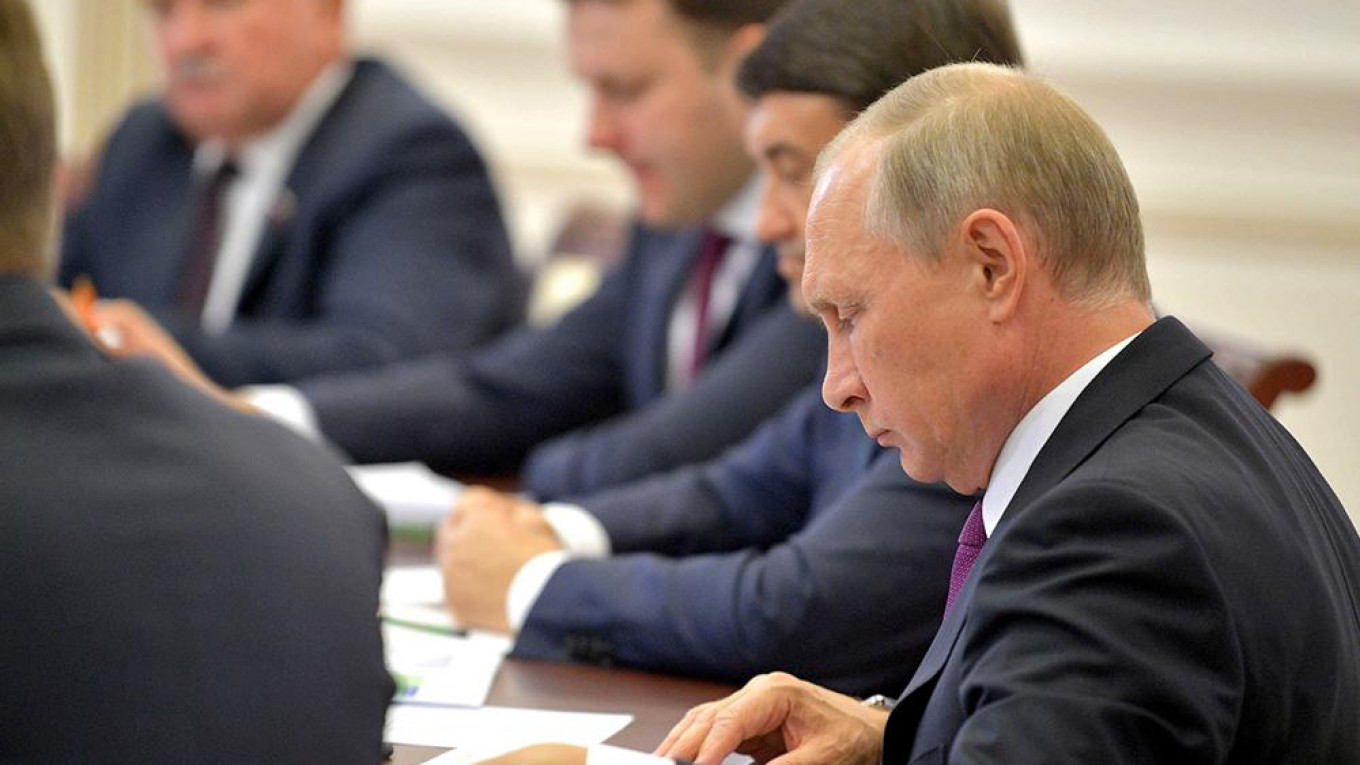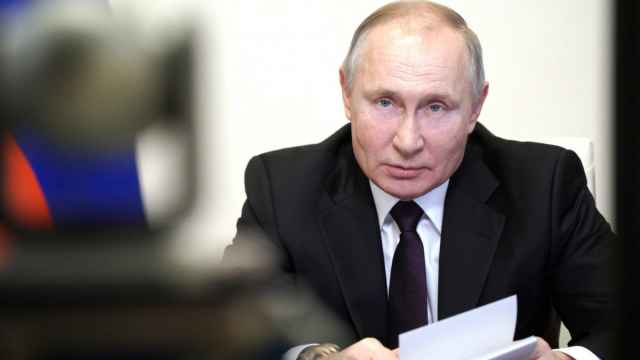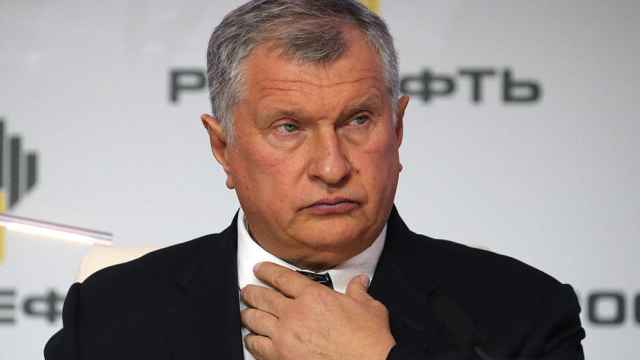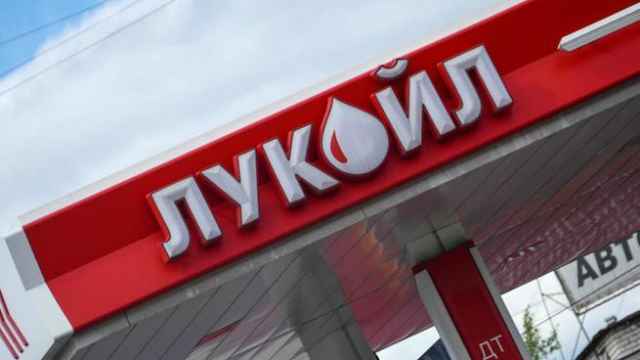The number of confidants in President Vladimir Putin’s inner circle is set to shrink ahead of 2018 Presidential elections, according to the “Politburo 2.0” report published by the Minchenko Consulting Group on Wednesday.
Out of the eight individuals closest to Vladimir Putin, the Minchenko report names three that are likely to lose proximity to the president as well as their degree of political influence.
Every year Minchenko’s think tank charts the alignment of power and influence in Russia in its “Politburo 2.0” report, focusing on government officials, state corporation managers and businessmen comprising Vladimir Putin's greater entourage.
The name of the report refers to the Soviet Communist Party’s ruling body that dictated key decisions and operations in the Soviet government.
The latest “Politburo 2.0” report suggests that the head of Russian oil giant Rosneft, Igor Sechin, who is considered to be among Putin’s closest allies, will be among the those to lose their status.
“At first glance, Igor Sechin looks as if he is at the peak of his influence,” the report report says, charting his path to control over Russia’s largest oil companies. However, the report claims that his power will wane because his “self-assertive ruling method” has created “a coalition of elites to form against him.”
Chairman of the State Duma, Vychaslav Volodin, will also lose influence, the report said. His merging parliamentary parties into a single-ruling pro-Putin coalition reduces “the significance of the parliament as a platform representing the entire society,” the report added.
Owner of gas pipeline construction company Stroygazmontazh, Arkady Rotenberg is the third slated to exit the inner circle because of his limited ability to implement certain projects after being heavily targeted by Western sanctions.
Those predicted to remain in Putin’s inner circle include Prime Minister Dmitry Medvedev, Rostec CEO Sergey Chemezov, and Moscow’s mayor Sergei Sobyanin.
A Message from The Moscow Times:
Dear readers,
We are facing unprecedented challenges. Russia's Prosecutor General's Office has designated The Moscow Times as an "undesirable" organization, criminalizing our work and putting our staff at risk of prosecution. This follows our earlier unjust labeling as a "foreign agent."
These actions are direct attempts to silence independent journalism in Russia. The authorities claim our work "discredits the decisions of the Russian leadership." We see things differently: we strive to provide accurate, unbiased reporting on Russia.
We, the journalists of The Moscow Times, refuse to be silenced. But to continue our work, we need your help.
Your support, no matter how small, makes a world of difference. If you can, please support us monthly starting from just $2. It's quick to set up, and every contribution makes a significant impact.
By supporting The Moscow Times, you're defending open, independent journalism in the face of repression. Thank you for standing with us.
Remind me later.






